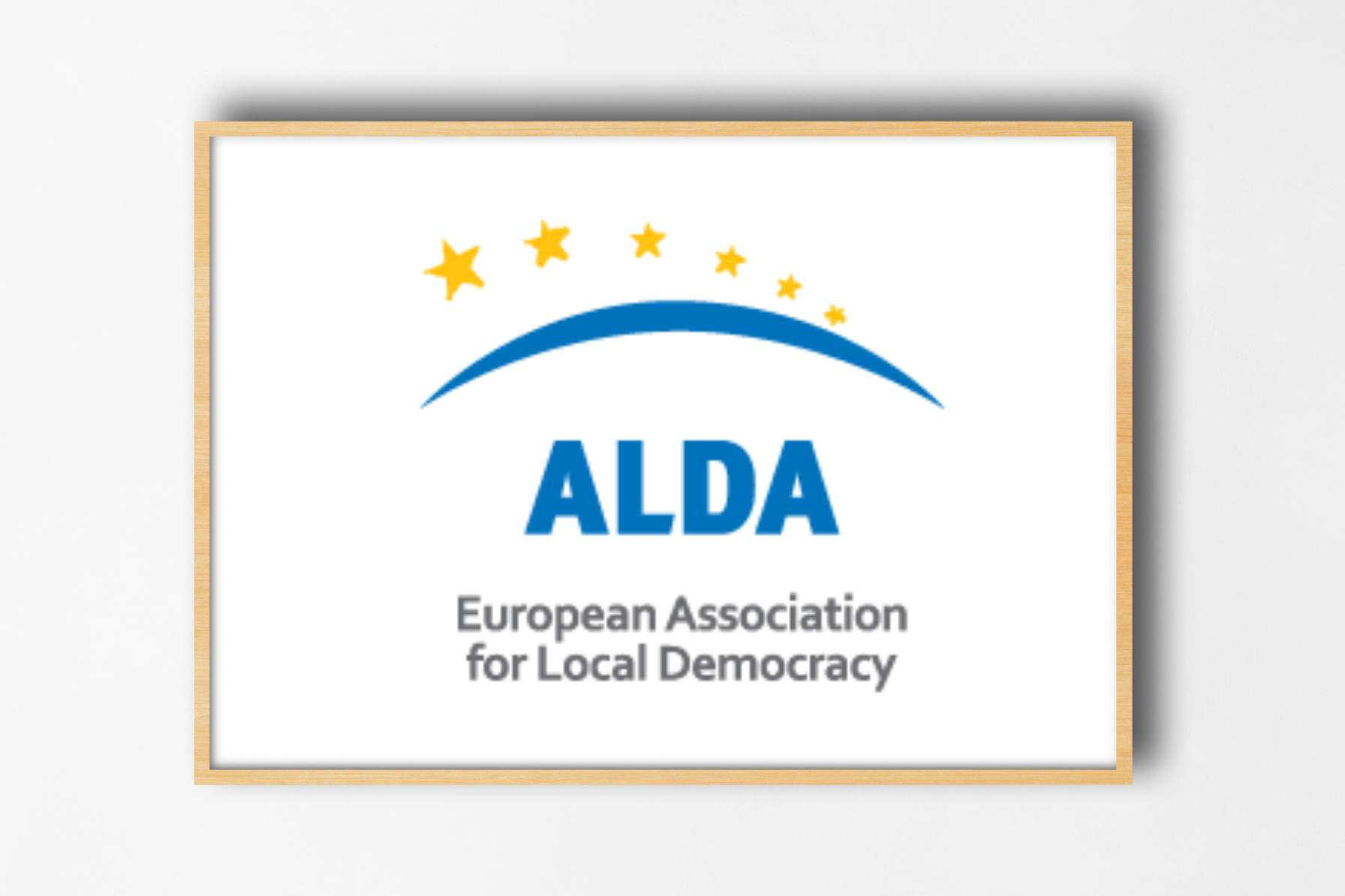To promote citizens participation in the construction of a tighter-knit, democratic, world-oriented and united Europe, tackling the challenge of immigration as an “opportunity” to develop active citizenship and sense of ownership of the EU, whilst enhancing tolerance, solidarity and mutual understanding.
These are the objectives which GOAL – Granting Opportunities for Active Learning, an ALDA project whose Steering Committee Meeting is taking place for the first time in Strasbourg (2nd- 4th of February) – aims to. In these days also a Training Course will take place, addressed to Citizens’ Panels Activators, those people who will be in charge of setting up the local citizens’ panels on immigration that are the crucial point of the project.
Immigration and immigrants’ participation represent vivid issues at the EU level and particularly affect citizen’s daily life in the addressed countries.
The project presents a set of activities that allow citizens the chance to interact both at the local and at the European level and offers them the occasion to “work” together towards a common aim.
GOAL specific aim is to further improve the methodology of “citizens’ panels” adding the “component” of immigration.
It represents an unbiased platform where citizens and other stakeholders gather information (with a bottom-up approach), debate, collect individual and collective opinions, formulate their views (duly guided and supported) and draft them in the form of recommendations for policy makers at the European level in the field of “immigration”.
The action foresees 9 steps, having an impact both at the local and at the European level. Following the partnership building phase and the selection of the theme, the process is planned as follows: 1. Training for citizens’ panels activators 2. Set-up of local citizens’ panels 3. Local workshops 4. International meeting of citizens’ panels 5. Open days at the local level 6. Production phase 7. International final workshop 8. Final publication 9. Evaluation and follow-up.
The partners of the project are civil society organisations, local and regional authorities and associations of local authorities coming from 6 different countries, old and new EU Member States and pre-accession countries, where immigration represents one of the most vivid issues on the national and European agenda.
